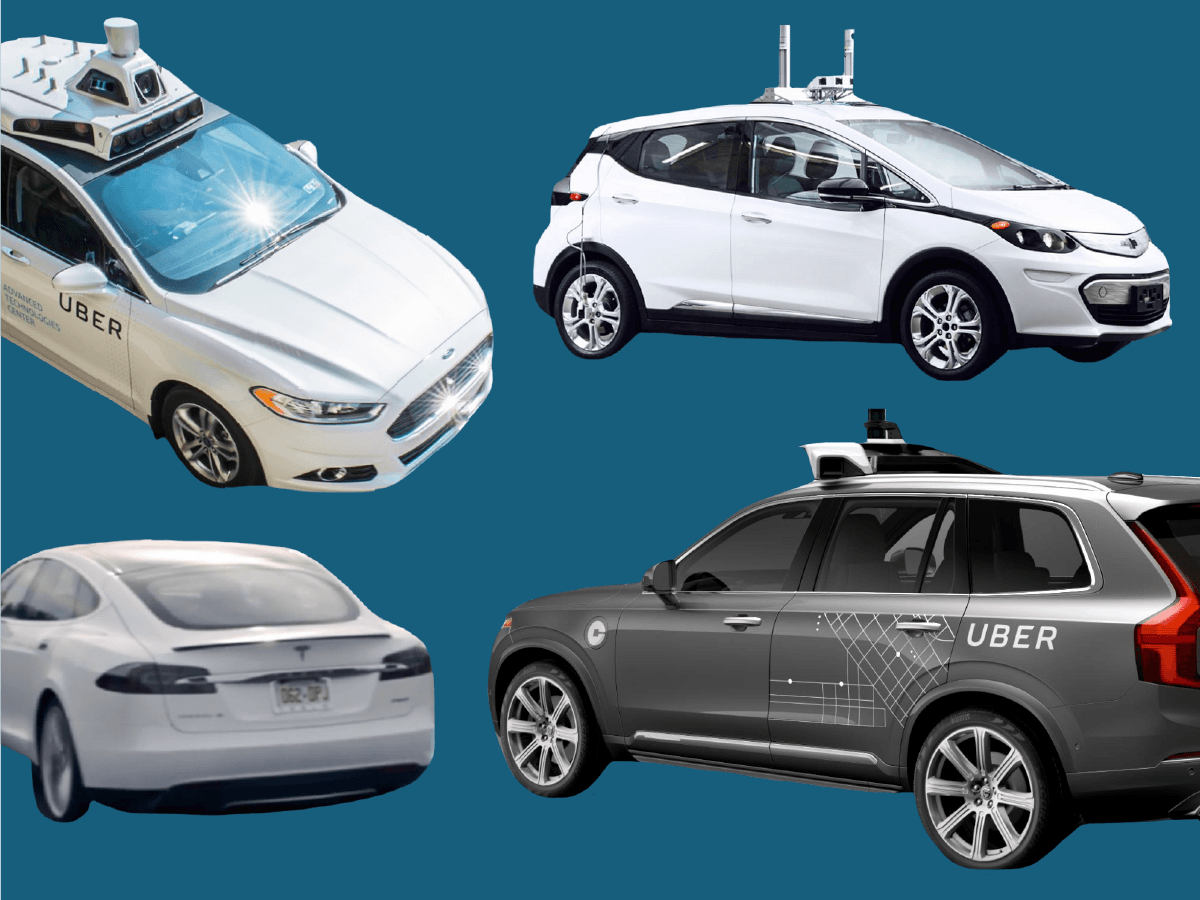 Business Insider
Business Insider
Self-driving cars are coming, and that could spell the end of car ownership.
Industry experts predict self-driving cars will dramatically change consumers’ traveling habits, spurring them to trade car ownership for on-demand robo-taxis.
In fact, vehicle ownership could decline as much as 43% in the US once autonomous cars are adopted, according to a study by the University of Michigan Transportation Research Institute.
But the death of car ownership doesn’t necessarily spell doom for automakers. In fact, people giving up their own car in favor of autonomous taxis could mean a boon for business.
“Personal miles is going to soar and therefore vehicle miles per hour is going to soar,” Gary Silberg, KPMG auto analyst told Business Insider. “And that creates a huge opportunity for automakers.”
Silbert argues that autonomous cars will give more people access to mobility. Specifically, self-driving cars could give those above the age of 65 and younger than 15 the ability to travel a lot more than they are currently able to.
In fact, this new demand could lead to more than a trillion new vehicle miles traveled by 2050 in the US alone, according to Silbert’s research. And while that may not directly translate to more cars on the road, it could mean that the turnover for vehicles will be higher because they are driven more.
Currently, personally owned vehicles are parked about 95% percent of the time, which means that their lifespan lasts 10 to 15 years. However, if people trade owning a car for traveling via an autonomous car that’s shared, well, then all of a sudden that car’s usage soars and it’s lifespan is dramatically shortened.

“If the industry can cater to the consumer changes around mobility and cars having a higher utilization, then this could be a massive new market for the auto industry that they have never seen before,” Silberg said.
However, car companies must quickly evolve their business models if they really want to cash in on this new opportunity, he said.
Historically, automakers haven’t thought about miles traveled as a business model. They’ve simply made the vehicles and then sold or leased them. But as consumers move towards ridesharing services and self-driving cars become a reality, car companies must quickly evolve.
“We think that is a fantastic opportunity, but the dilemma is how do you change your organization to adapt and be able to adapt and take advantage of it. That’s the question mark, can they solve this? Can they figure out how to change their business model to meet this?” Silberg said.
Many major car makers are certainly trying.
Ford, for example, plans to roll out a fleet of level four autonomous cars in a ridesharing setting in 2021. While the initial pilot program will launch in only one city, the company plans to eventually expand the program with hope that it can push into the mobility services space in a meaningful way.
General Motors also plans to launch its first self-driving car in a shared setting on the Lyft network. The company has yet to release a launch date, but CEO Mary Barra told Business Insider in a recent interview that even if car companies end up producing less cars because of consumers opt for self-driving taxis instead of personal ownership, there’s still a lot of opportunity.
“I see a different model than today’s model, but one where, even if there are fewer vehicles, their life cycle is less, or the way they are serviced provides a different business,” she said.
“The nature may change, but I think there’s still a very strong business fundamental,” Barra said.













